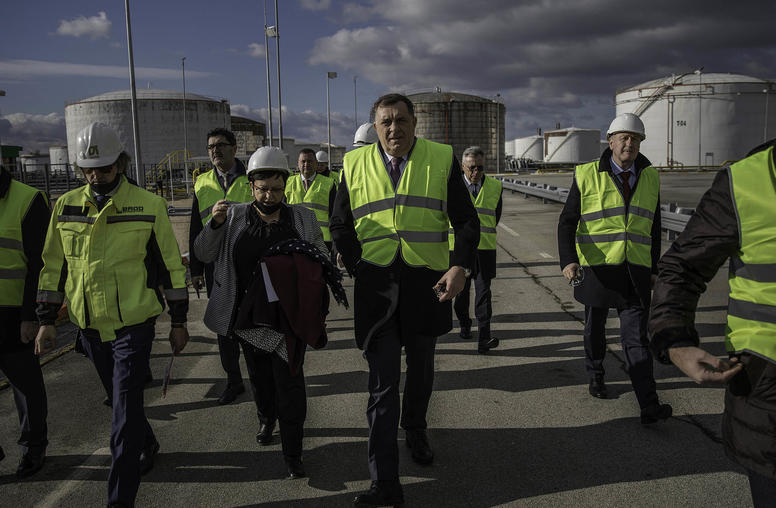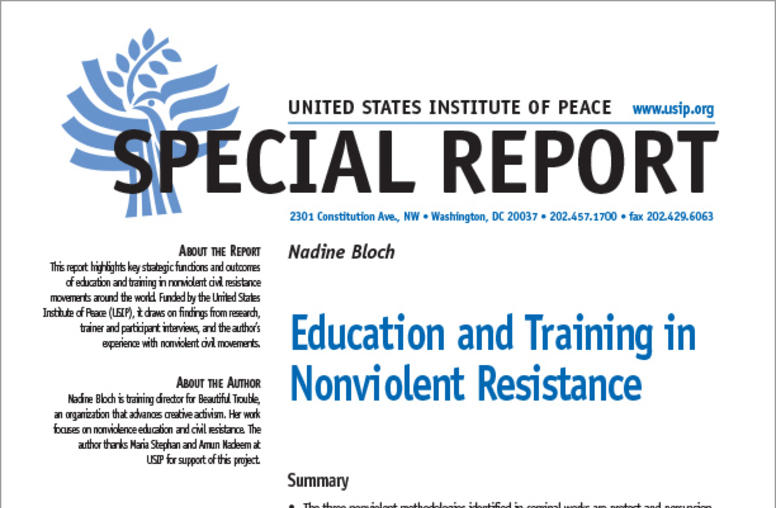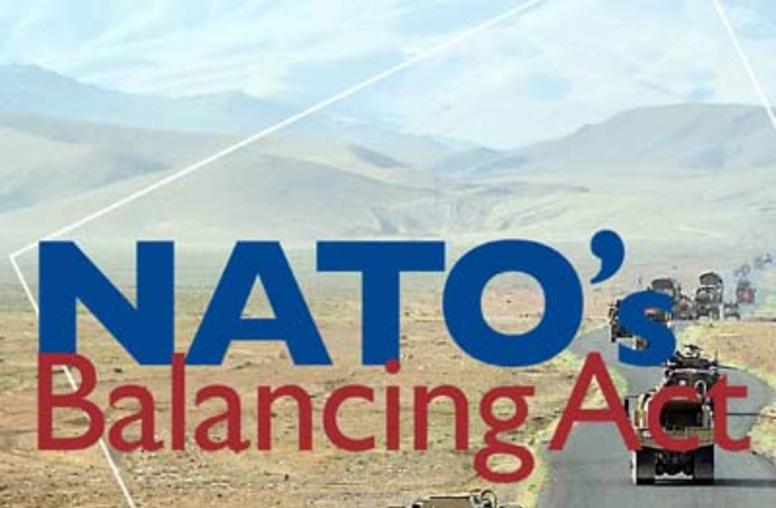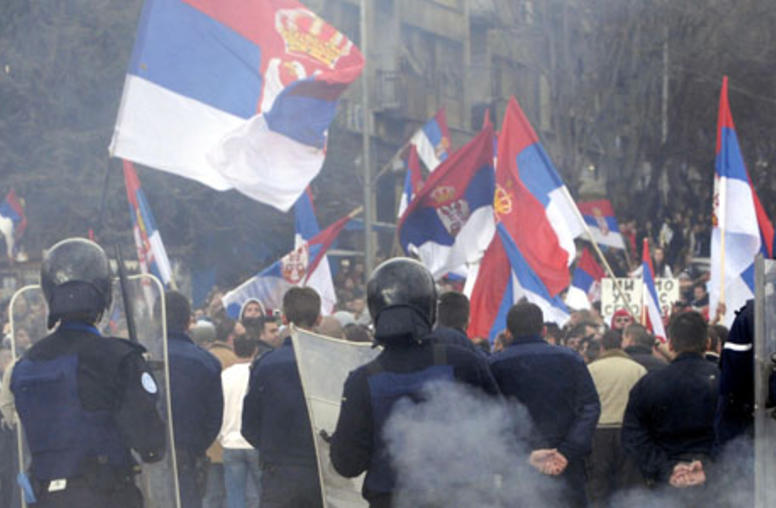Serbia: Democratic Alternatives
On April 25, 1998, the United States Institute of Peace conducted a meeting of its Bosnia Working Group to discuss the future of Serbia and the Milosevic regime. The Institute's objective is not to reach consensus within the group, but to explore issues and options.
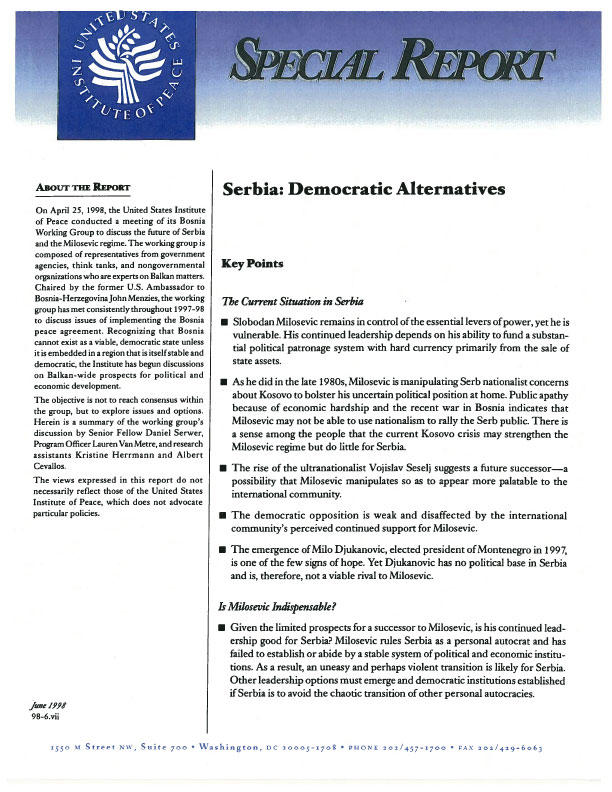
About the Report
On April 25, 1998, the United States Institute of Peace conducted a meeting of its Bosnia Working Group to discuss the future of Serbia and the Milosevic regime. The working group is composed of representatives from government agencies, think tanks, and nongovernmental organizations who are experts on Balkan matters. Chaired by the former U.S. Ambassador to Bosnia-Herzegovina John Menzies, the working group has met consistently throughout 1997-98 to discuss issues of implementing the Bosnia peace agreement. Recognizing that Bosnia cannot exist as a viable, democratic state unless it is embedded in a region that is itself stable and democratic, the Institute has begun discussions on Balkan-wide prospects for political and economic development.
The Institute's objective is not to reach consensus within the group, but to explore issues and options. Herein is a summary of the working group's discussion by Senior Fellow Daniel Serwer, Program Officer Lauren Van Metre, and Research Assistants Kristine Herrmann and Albert Cevallos.
The views expressed in this report do not necessarily reflect those of the United States Institute of Peace, which does not advocate particular policies.
